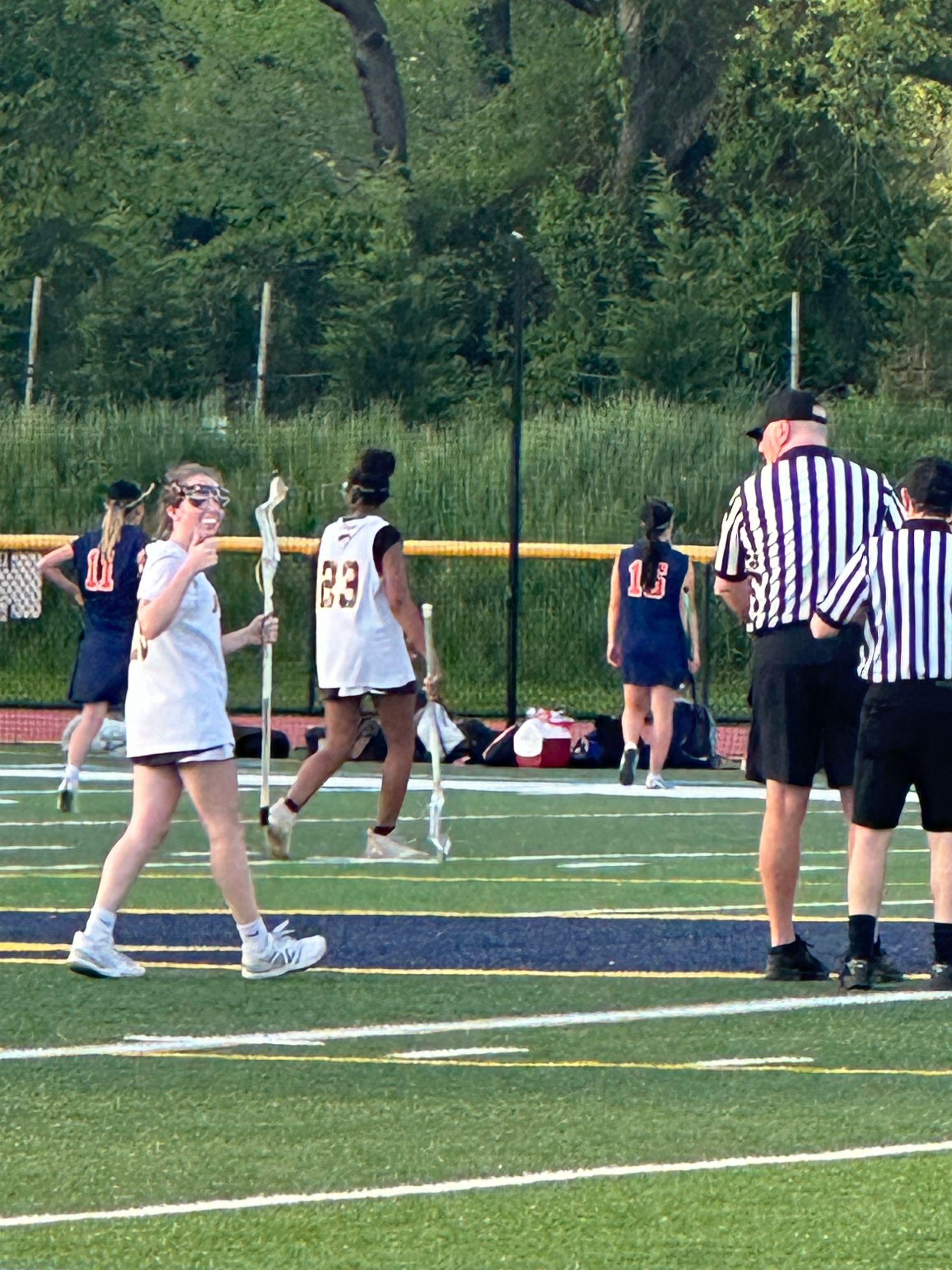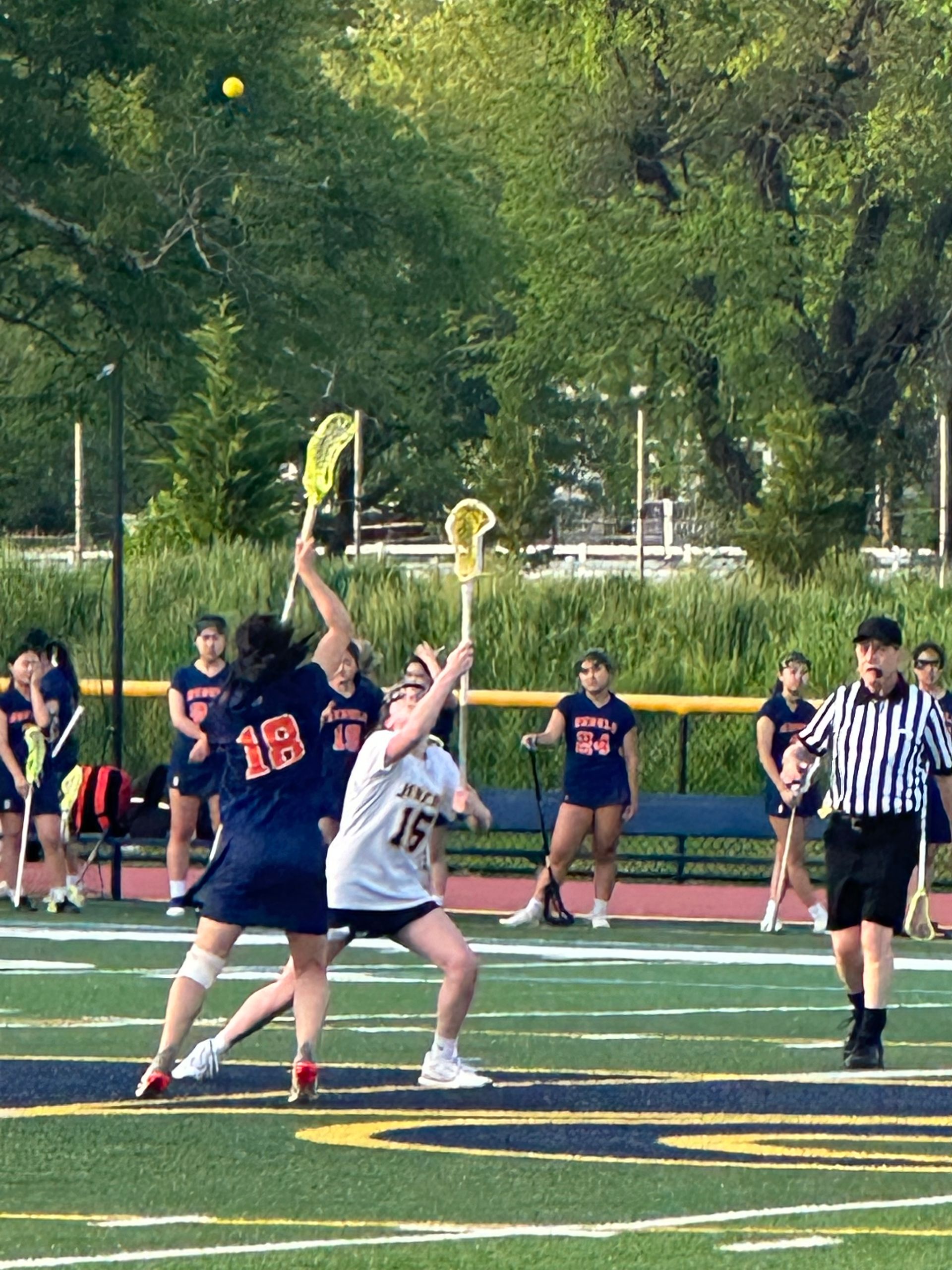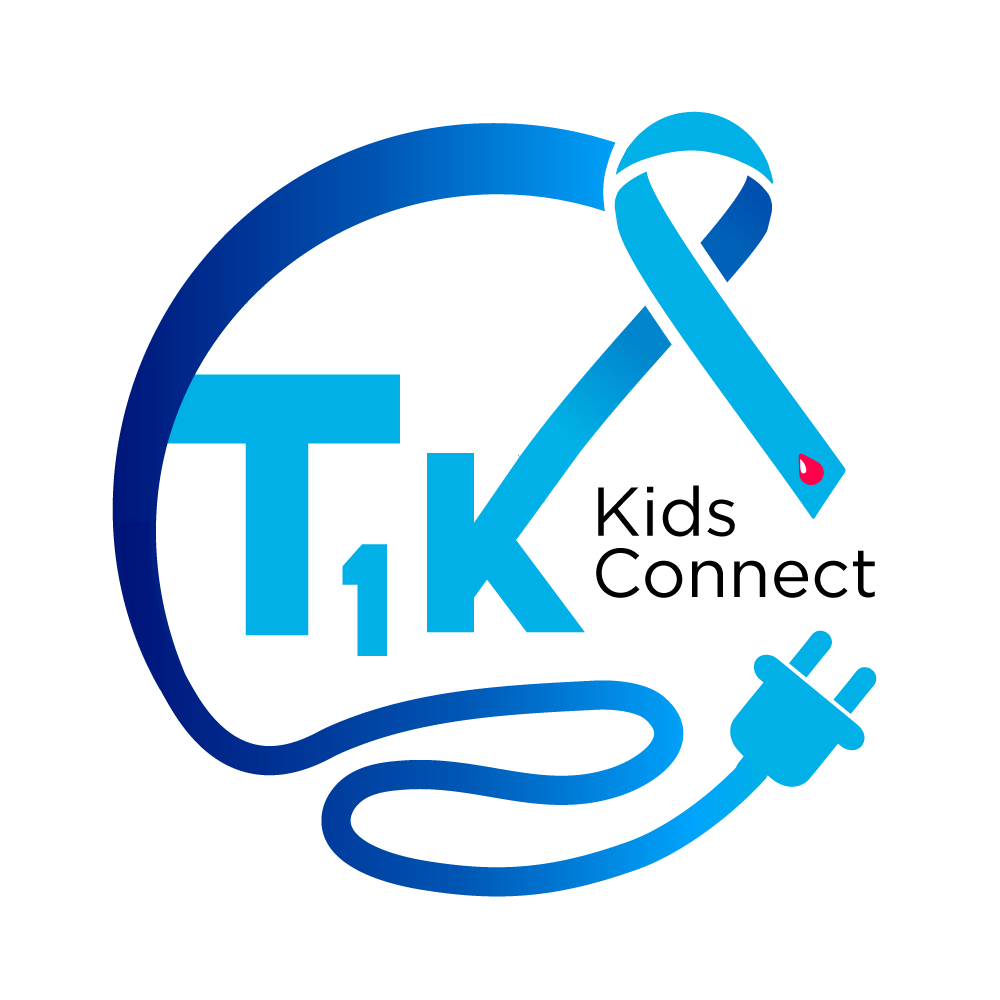Introduction
I'm Sasha Savel
I was diagnosed with diabetes when I was 8 years old. Initially, the diagnosis caught me off guard, leaving me feeling unprepared and unsure of how to manage it. At that time, I viewed diabetes as a serious illness, and navigating its complexities was overwhelming. I made numerous mistakes and had countless unanswered questions.
For instance, shortly after my diagnosis, I had to take photos of my meals and send them to my mom to determine the amount of carbohydrates in them before I could eat. Waiting for her response while my friends enjoyed their meals was challenging for an 8-year-old.
Reflecting on my experience, I realize the importance of support and guidance for newly diagnosed individuals. I don't want any child to endure the confusion and uncertainty I faced. That's why I'm committed to assisting newly diagnosed kids with type 1 diabetes, helping them adapt more smoothly and avoid the pitfalls I encountered. My goal is to provide them with the support and knowledge they need to navigate this complex condition with greater ease.
Low blood sugar at night
I keep snack packs ready to go in the fridge that consist of a juice box and a bar. I eat zone bars because they taste good, have fiber and protein to keep you steady throughout the night, and are fast acting. I recommend only having more than juice if you’re under 80. If you eat the snack pack and you’re still under 80 after 15 minutes, eat some candy but not too much- we don’t want blood sugar spikes.
Finding carbs for food
I'm going to post popular foods with their carb facts so I can make sure you guys have access to their nutrition quickly but there are also other apps that give you carb information if you’re looking for a food I didn't post such as calorie king or nutrition info.
Low blood sugar in the day
If im 80-90, I’ll eat a bar, 70-80, i'll drink a juice, and anything lower than 70 ill have a juice and a snack. If you feel very low at 80, then you can also have a snack. It depends on the person but watch your number because you may shoot up.
High Blood Sugar
Depending how high you are depends how much insulin you should take. I think of it as 1 unit of insulin decreases your blood sugar by 100. Don't over take insulin. Wait a bit before taking another dose to prevent fluctuation. I recommend using an insulin pen if you are rapidly rising or over 300 since they work faster and better. Don’t eat carbs, drink LOTS of water, try to workout. If you don't go down after 60 minutes from taking insulin or you see your pod expires soon, change it. If the insulin shots aren’t working, make sure that the cartilage in the shot isn't expired and if it is, change it. There are many factors that affect blood sugar, period, being sick, stress, etc. so if you are experiencing any of those be extra cautious about your sugar and try not to eat high carb foods. Don’t eat or sleep until you’ve returned to a normal sugar to avoid ketoacidosis which can make you sick. (You may lose sleep or be hungry- it sucks but is necessary).
Sports
Before I work out or play a sport where I know there will be vigorous activity, I eat a bar and suspend my insulin 2 hours before I play to ensure I don't begin until I'm at least 200. If you see that you’re going too high, resume your insulin but before you play again, suspend it. When you play, you won’t be able to see your number so make sure you come off the field every hour to check your blood sugar. Come off more frequently if you’re on the lower side.
While I take water breaks I usually take sips of Gatorade or some other sports drink to keep me steady while I play. If you feel low or you are low, remove yourself from the field immediately and check your sugar. Usually if you go low it takes a while to get above 200 so you may have to end your playing or try to take it easier if you go to at least 150
Follow the same low blood sugar protocol as you usually would, but you may need to do juice AND a snack no matter your number to ensure you go high enough to continue playing. I usually don't have a problem with my pump or sensor when I play but depending where you put it, it may be prone to fall off. If you keep it in an exposed area or an area that receives a lot of contact, try putting medical tape around it or a special band that's meant to cover pods to prevent that from happening. If your pod falls off, it’s usually ok if you're being active but make sure to check that you’re not too high or low. If you're sensor falls off just make sure you keep checking your sugar manually throughout the game/practice/time of working out.
Wearing Tight Dresses
When I go somewhere where I'm wearing a dress, I usually take my pod off so it doesn’t show through my dress. I keep my sensor on because its tiny and not as visible, i keep both on my hip so it sticks out more when I wear dresses or other tight clothing but if you don't mind it showing, this is optional. I only do this during special occasions such as weddings, bat mitzvahs,etc. When I take it off I would either not eat foods with carbs throughout the night, or I'd proceed to give myself insulin shots depending on what your carb ratio is depending on how much you take. When i use the shots i usually lower the insulin dose a LITTLE since the shows are more effective and fast acting and not able to suspend if you take too much. If you notice your blood sugar rising, i'd recommend putting the pod back on to avoid further damage.
Packing
for Vacation
What I pack on vacation
- 2x the amount of pods that you're using (if you're only changing your pod twice on vacation, bring 4, etc.)
- +2 sensors as the amount of times you’re changing it (ex. if you only have to change sensor once, bring 3 sensors)
- 1 transmitter in case you lose yours but bring more if you’re changing it while you’re there.
- Plenty of alcohol pads, skin prep, needles for blood clicker, needles for shots, extra glucose meter, glucose strips, snacks (juice isn’t allowed on planes).
- Extra insulin bottles, insulin shots, insulin cartilages.
- Sensor stickers to put over your sensor for extra protection.
- Lantis shots or other long term insulin shots in case you have a pod malfunction.
What I Keep in my Kit
- A glucagon and glucagon nasal spray in case of emergency.
- Letter from my doctors saying I have T1D so I can bring my bag into concerts, games, airports because of the needles in them.
- A bar because juice usually leaks.
- Needles for blood clicker, needles for shot, insulin shot, skin prep, extra pod. Alcohol pads, and glucose strips
Social Events
I carry around my bag with me or put it in a backpack but if you're going to a friends house you can just leave it somewhere in their house, you don’t need to carry it around.
sometimes I’ll switch my bag to a nicer one and carry it with me (check blog for details)
Riley link/loop
Something I recommend getting is the Loop app. It connects your dexcom and how you give yourself insulin to the same device. It allows you to control your diabetes all on your phone!
Diabetic Must Haves
Diabetic must haves :
I use tegaderm before i put my pod on because it prevents itching.
I use a black lulu lemon bag for all of my stuff.
Swimming
Come out of the water every hour to check yourself since you can’t feel low blood sugar symptoms in water and make sure you go in the water at an appropriate blood sugar level.
I recommend putting tape over your sensor or pod when you swim because water can cause them to unstick.
Camp
I go to sleep away camp and I usually put my black lulu lemon kit in a drawstring bag and carry that around, but if your bunk isn’t far from where you're going you can leave the drawstring in your bunk and just carry your phone or your cgm reader (only do this if you're source of insulin and the cgm that reads your number is on the same device)





